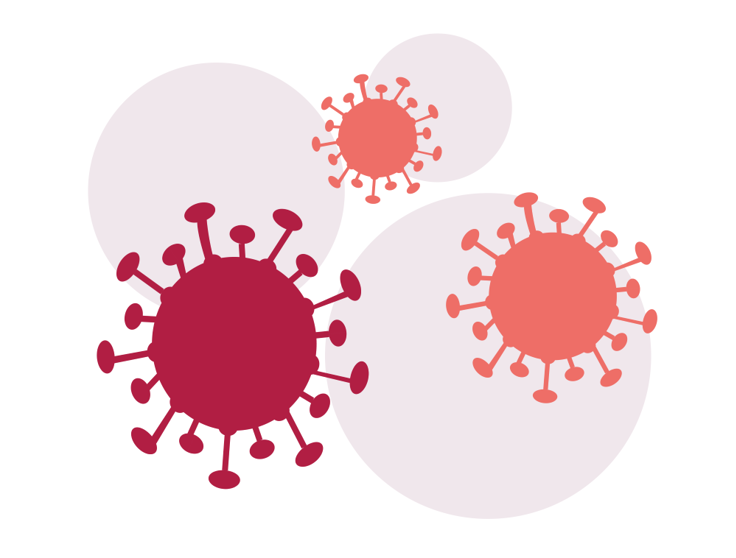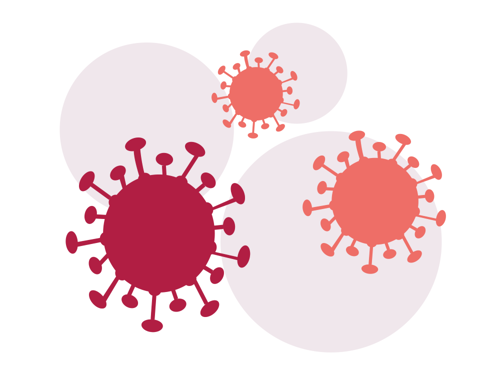Infection control advice for the population
Updated
This content is archived and will not be updated.

Here we describe the general infection control advice that applies to all.
General infection control advice that applies to all
Basic infection control recommendations remain important, and will limit the spread of infectious diseases, including COVID-19.
In case of respiratory tract symptoms
Everyone who is ill should stay at home.
If you have newly arisen respiratory tract symptoms, it is recommended that you keep your distance from others, especially people at risk.
Hand hygiene and cough etiquette
Avoid coughing or sneezing directly onto other people. Use a paper tissue or the crook of your elbow when coughing or sneezing. Dispose of the tissue and wash your hands with soap and water or alcohol-based hand sanitiser. See:
Face masks
Masks are most effective when used by sick people to prevent infection to others, and are recommended in some situations to reduce the risk of infection to people with an increased risk of a serious disease course of COVID-19 and influenza:
- People with newly-onset respiratory symptoms who feel ill should stay at home until their condition has improved. If you still have to go somewhere where there are many people (e.g. shops or public transport), you should use a face mask.
- People with newly-onset respiratory symptoms who have to visit individuals in risk groups indoors, should wear a mask. This applies even if their general condition is good.
- People in a risk group can use masks among people indoors during periods of high infection (flu season or during local outbreaks) if it is difficult to keep a distance.
- See also information on face mask and visor use by the general public (fhi.no)
Read more about who is defined as risk groups in the article Risk groups and their relatives - advice and information.
Vaccination
Everyone who is recommended to have the COVID-19 vaccine is encouraged to take it:
Advice for risk groups with a serious COVID-19 disease course
People at increased risk of a severe disease course and unvaccinated adults must themselves assess the risk of infection and their own risk of serious disease course of COVID-19 against the need for contact with others. Staying away from large crowds and wearing a face mask when you cannot keep your distance from others may be appropriate measures during periods of high transmission (flu season or during local outbreaks). The individual must weigh this against the need for continued social contact. If you are at high risk of serious illness, you can for example choose to only meet a regular group of people socially, and thus reduce the risk of becoming infected.
Normally, people in risk groups are well protected against serious disease course if they follow vaccination advice, so that they can live more like others and follow the same infection control advice as others. People at high risk for serious disease course should consult their GP/doctor about the risk and necessity of protection during periods of high transmission rates. Read more about risk groups here:
Ventilation
In rooms with inadequate ventilation, airing out regularly might possibly reduce the risk of COVID-19, influenza and other respiratory tract infections. To achieve adequate natural ventilation, it is necessary to air out frequently, in short intervals, several times an hour. Using an air purifier with a HEPA filter can also help reduce risk. It is important to remember that the risk of transmission of e.g. COVID-19 is greatest at a short distance, less than 1 metre, and that the risk of transmission in this case is less affected by ventilation and air purification.
Advice for the healthcare services
Separate recommendations apply to the healthcare services:
- Infection control measures in the health services for seasonal respiratory infections including COVID-19 (information in Norwegian)

